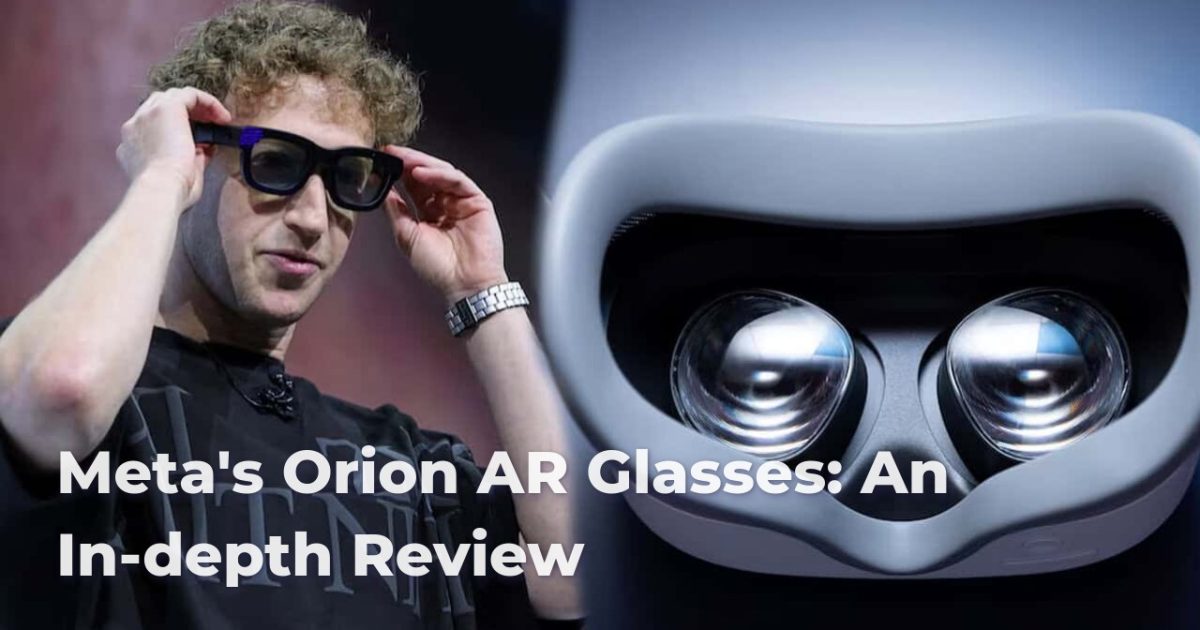The technological frontier has been marked by remarkable advancements over the years, but perhaps none as captivating as the pursuit of augmented reality (AR). Meta, a forerunner in this evolution, has unveiled a new marvel: the Orion AR glasses.
Unlike predecessors that sought to bring virtual worlds alive at the cost of style and convenience, Meta’s Orion AR glasses attempt to harmonize breakthrough AR experiences with a design as unassuming as everyday eyewear. Within this balancing act lies not only a promise of innovation but also a peek into what might soon become an omnipresent technology in our lives.
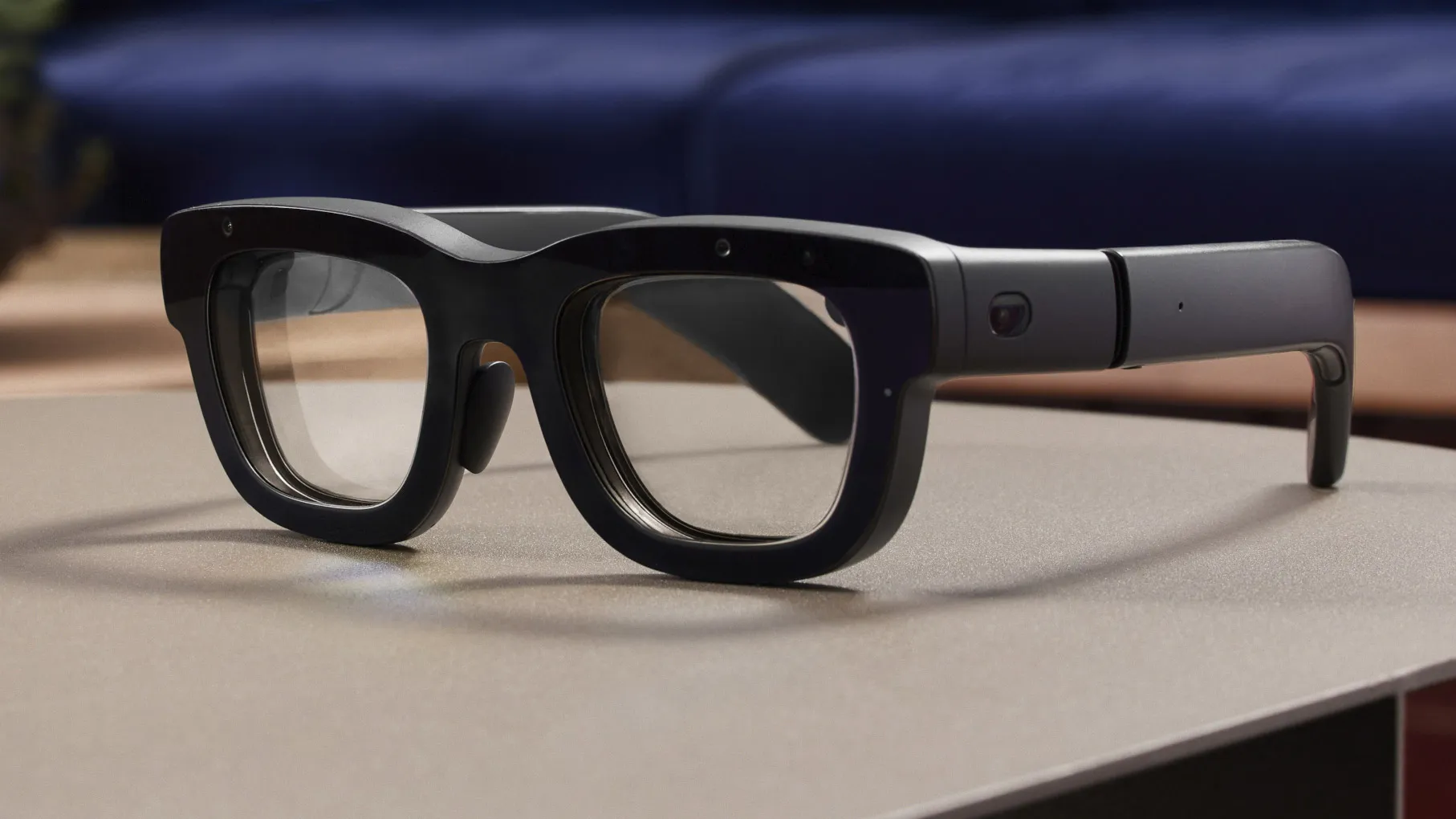
As the buzz around the Orion AR glasses crescendos, a thorough examination of their features, design, and market positioning brings clarity to this groundbreaking endeavor.
Overview of Meta’s Orion AR Glasses
Meta’s Orion AR glasses have emerged as a beacon of cutting-edge technology, promising to redefine the boundaries of immersive experience and everyday practicality.
This innovative eyewear combines avant-garde technological features with a design philosophy centered on user comfort and seamless integration into daily life.
Unlike traditional AR headsets, which often resemble contraptions from a science fiction tale, Orion strives to deliver augmented reality in an aesthetically pleasing form. Their transparent lenses, coupled with lightweight construction and advanced capabilities, position them as not just another gadget but a potential staple of future interaction.
Design and Build Quality
The design of Meta’s Orion AR glasses presents a paradigm shift in the augmented reality ecosystem, moving away from bulky headsets to a style reminiscent of normal eyewear.
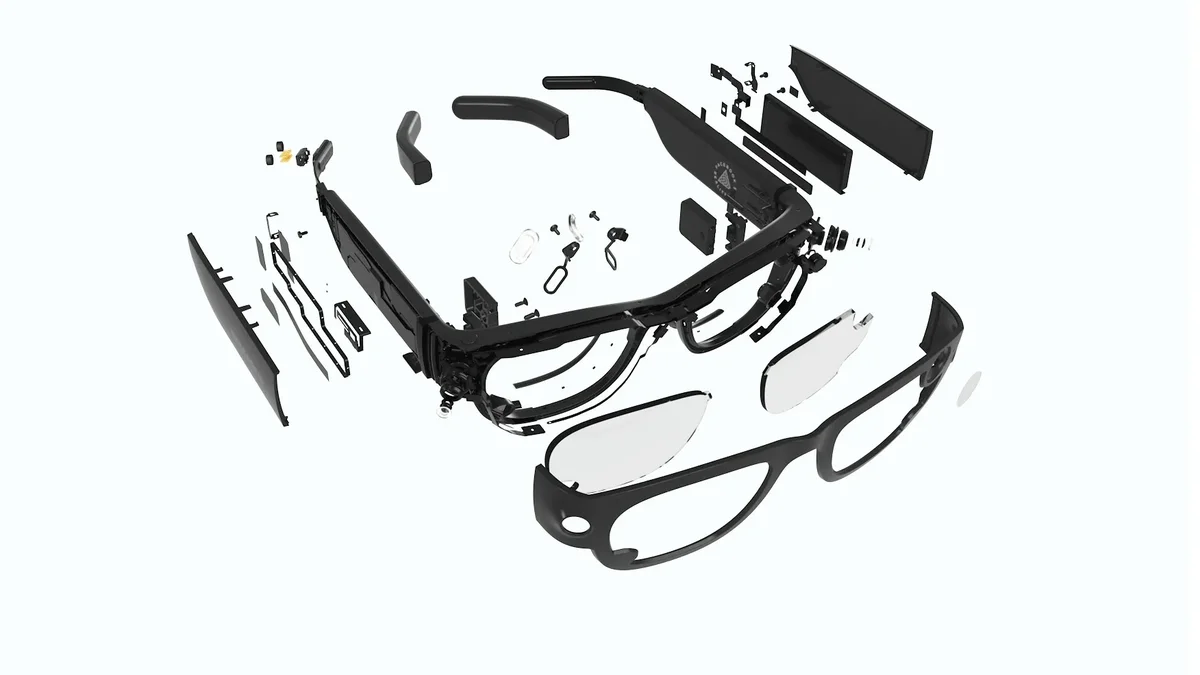
This transition embodies a formidable undertaking merging the worlds of fashion and technology without sacrificing functionality.
- Form Factor and Lightweight Design: The Orion glasses are decisively tailored to mimic standard eyeglasses, achieving a feat previously thought beyond reach in augmented reality technology. Weighing approximately 100 grams, these glasses exhibit a profound commitment to user comfort. The lightweight nature not only mitigates typical cumbersome experiences associated with AR devices but also ensures the glasses can be worn over prolonged periods without discomfort.
- Advanced Display Technology: At the heart of Orion’s capability are custom Micro LED projectors. Utilizing waveguide technology, these projectors channel digital images directly into the user’s field of view. What results is a holographic experience marked by a 70-degree field, which is both wide and immersive compared to many existing solutions. This pivotal design choice amplifies user engagement, effectively dissolving the boundaries between the physical and digital realms.
- Build Quality and Sensor Integration: Meta has endowed the Orion AR glasses with an array of sensors, including eye-tracking cameras and room-tracking capabilities, managed through a series of external cameras. This sensory arsenal works in tandem with Wi-Fi 6 for superior connectivity. Weaving such intricate technology into a slender frame poses a considerable challenge but achieves remarkable success in maintaining elegance and functionality.
- Neural Interface Integration: Complementing the glasses is a neural wristband, which interprets subtle hand gestures via electromyography (EMG) technology. The wristband allows gesture controls without the need for visible or intrusive hand movements, opening a new frontier in intuitive interaction with digital content.
Technological Features
The technological prowess of Meta’s Orion AR glasses is nothing short of revolutionary, encapsulating advancements that promise to elevate user experience significantly beyond the conventional scope of AR devices.
- Micro LED Display System: At its core, the Orion glasses employ a microLED projector system that casts images onto clear silicon carbide lenses, chosen for its exceptional optical grade. This setup not only enhances visual clarity but also enriches the viewing experience with a broader 70-degree field of view a stark improvement over the typically narrower spectrums offered by competitor AR devices.
- Separate Processing Unit: Unlike many self-contained AR solutions, Orion utilizes a separate compute puck for processing demands, which maximizes the device’s battery life. This decision strategically offloads the processing load, permitting all-day use unobstructed by traditional power constraints.
- User Interaction and AI Integration: Interaction with Orion is multidimensional, allowing voice commands, gesture recognition through a cutting-edge EMG wristband, and eye-tracking. These modalities culminate in a versatile interaction architecture capable of blending seamlessly into a variety of applications, including navigation, gaming, and architectural visualization.
- Power Efficiency and AI Enhancements: Meta has engineered the glasses for optimal power efficiency, requiring a mere few dozens of milliwatts to maintain operation a critical feature in achieving prolonged usability. Notably, the integration of Meta AI enriches the glasses’ utility by supporting environment-aware applications, paving the way for unprecedented in-context AI-driven user experiences.

Key Functionalities of Orion AR Glasses
Meta’s Orion AR glasses define their place as pioneers in the AR space through their extensive augmented reality capabilities and the sophisticated integration with neural wristband technology.
These aspects together forge an ecosystem of interaction as seamless as commanding them with an intuitive flick of the wrist.
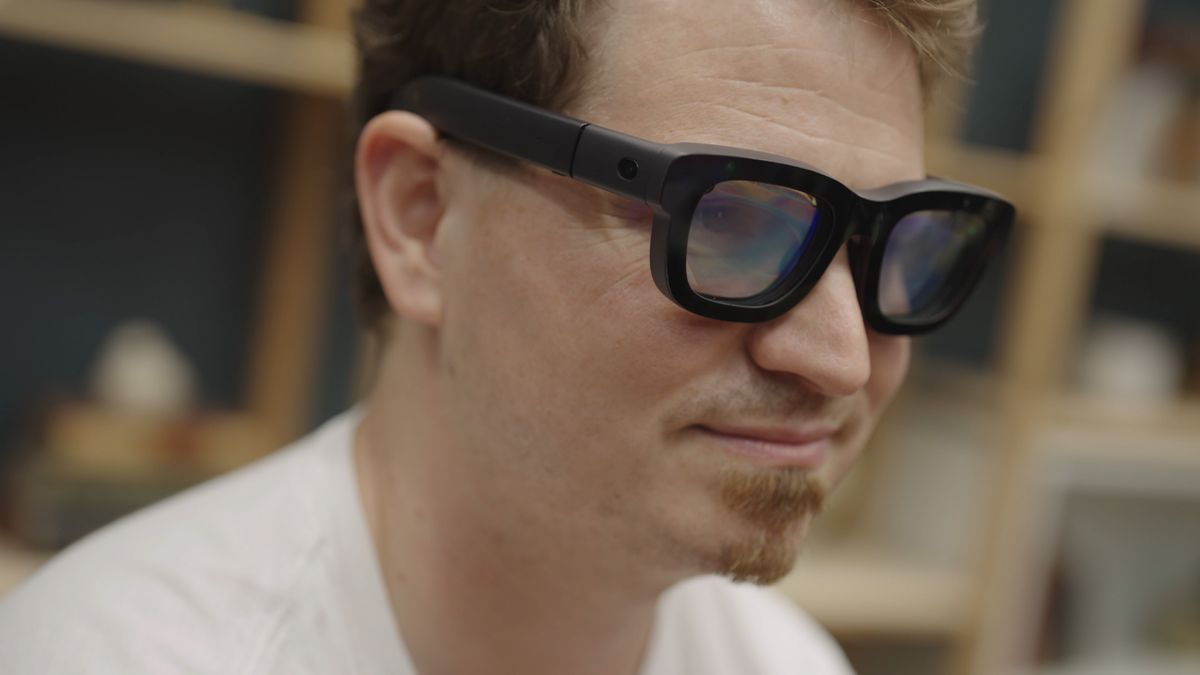
Augmented Reality Capabilities
Orion’s augmented reality capabilities extend far beyond simplistic overlays, offering a comprehensive suite of functions that elevate everyday interactions.
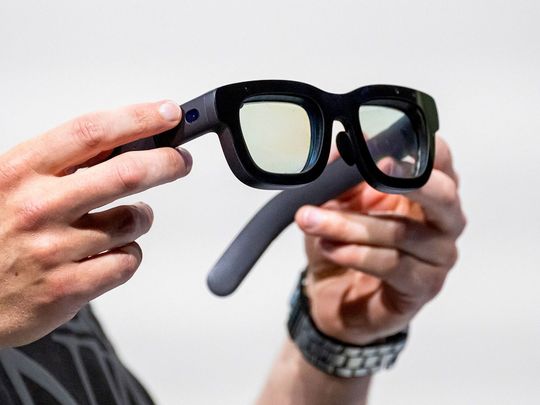
Integration with Neural Wristband Technology
The integration between Orion glasses and their neural wristband stands as a testament to Meta’s innovative commitment, offering users an interactive experience that feels almost second nature.
- Gesture Recognition through EMG Technology: The wristband identifies and interprets subtle muscular movements in the user’s hand, efficiently converting these into actionable commands for the glasses. This muscle movement sensing technology promotes effortless and natural interaction a hallmark rarely achieved with prior technologies.
- Broadened Device Control: Beyond just the glasses, the wristband enables the control of other compatible devices within Meta’s burgeoning AR ecosystem, enhancing interconnectivity and allowing a breadth of versatile applications.
In sum, Meta’s Orion AR glasses harmonize cutting-edge augmented reality capabilities with intuitive neural inputs, providing a profound leap in how users may interact with digital entities overlaid upon their everyday lives.
Comparison with Other AR Devices
In the sprawling landscape of augmented reality devices, Meta’s Orion AR glasses carve a distinctive niche, juxtaposed against established giants like Apple’s Vision Pro and Snap’s Spectacles.
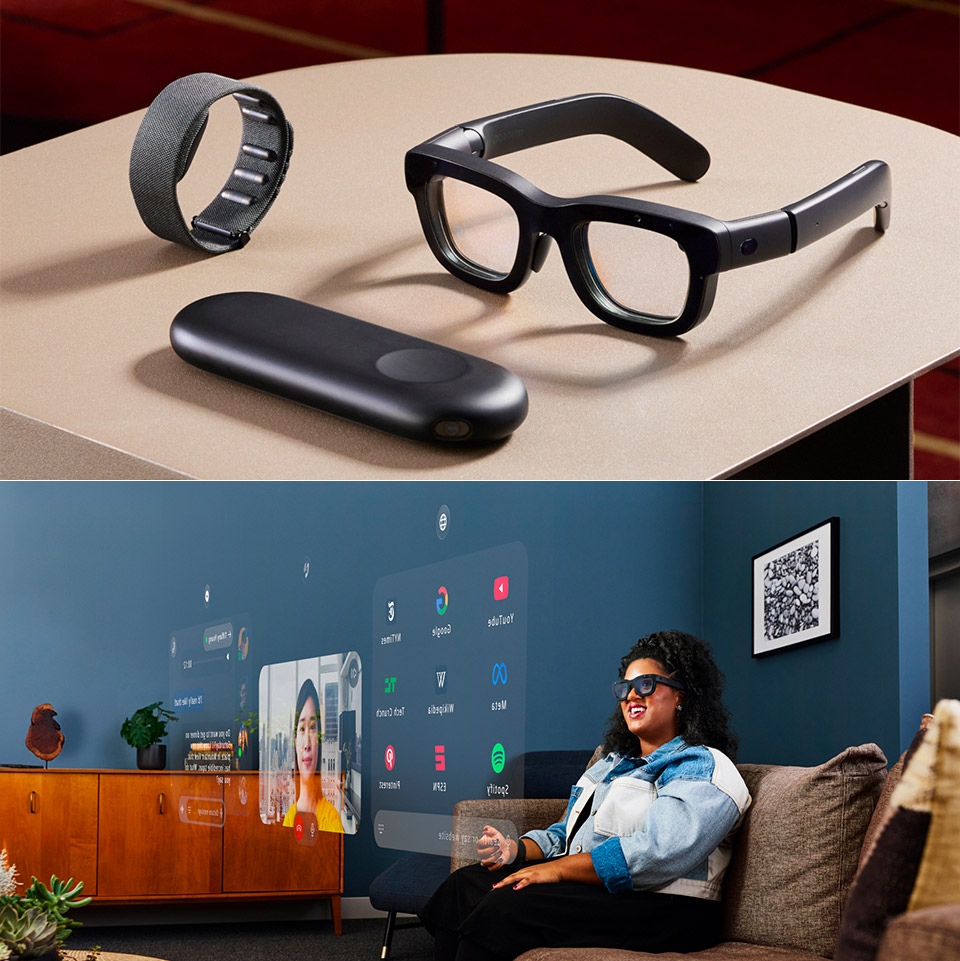
While each device represents a stride in technological advancement, the differences in design philosophy and functional execution become starkly evident in direct comparison.
Meta Orion vs. Apple Vision Pro
The encounter between the Meta Orion and Apple Vision Pro reveals a tale not merely of technological prowess but also of diverging approaches to user immersion and device integration.
- Design and Usability: The Orion stands out with its lightweight design, providing significant ergonomic advantages over the heavier Apple Vision Pro, which utilizes magnesium and carbon fiber structures. Meta’s slim form factor serves the narrative of a device tightly interwoven with daily life, while Apple’s larger footprint leans towards more immersive workflows.
- Technology and Experience: Each offers profound technological features; the Vision Pro includes advanced video passthrough for realistic scene replications but relies heavily on an internal camera system. In contrast, Orion focuses on external environment overlays with its Micro LED systems, emphasizing light integration over video replication.
- Market Position and Price: Everything boils down to affordability versus exclusivity. Apple’s Vision Pro is positioned at $3,499, eyeing tech aficionados willing to invest in premium offerings, while Orion’s burgeoning costs push its prototypes towards the $10,000 realm indicative of a device still in the clutches of prototyping, limiting consumer accessibility.
- User Engagement: Orion doubles down on real-world enhancements with AI-driven enhancements in daily tasks, whereas Apple curates a mixed reality studio with an emphasis on dynamic, high-quality displays for entertainment and creativity.
Meta Orion vs. Snap Spectacles
The tension between Meta Orion and Snap Spectacles lies primarily in their targeted functionalities and user-focused experiences.

Form and Purpose: Orion’s ambitious goal to replace smartphones stands in contrast to the socially-oriented prowess of Snap Spectacles. The latter weighs significantly more at 226 grams and caters to a niche focused on social engagement, leveraging Snap’s roots in interaction rather than everyday utility.
- Display and Applications: Spectacles may lack Orion’s expansive field of view but amplify virtual engagement through spatial interactions and shared digital experiences. They cater predominantly to group interactions and social fun, whereas Orion pulls digital solutions natively into practical life.
- Price and Deployment: While both target developers as initial adopters, their eventual consumer markets diverge Spectacles are pegged to align with community-driven apps, whereas Orion is directed towards multipurpose individual users seeking cloud-connected AR.
- Real-World Interactions: While both boast advanced gesture controls, Spectacles aim for shared experiences in gaming and collaboration, whereas Orion offers tools to enhance visual learning, professional interfacing, and social connectivity through genuine augmented landscapes.
These comparisons illuminate the varied paths taken by AR technologies, underscoring the profound impact of design and purpose within diverse user spectrums.
User Experience Assessment
Meta’s Orion AR glasses leave a memorable impression through an intricate blend of technology and design that shapes user experiences in unforeseen ways, leading many to question if they truly herald the onset of a new digital era.
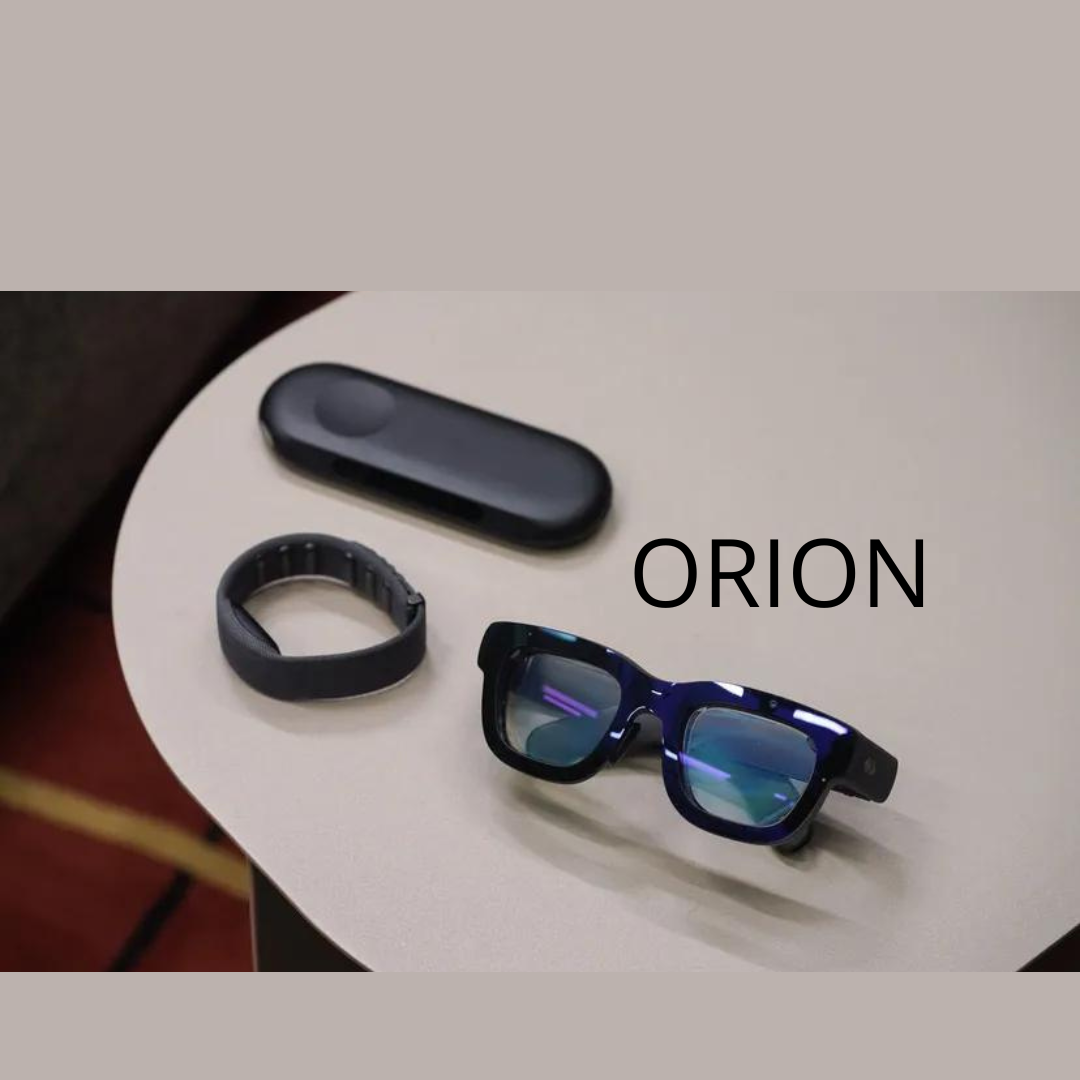
Hands-on Experience with Orion AR Glasses
Experiencing Orion AR glasses firsthand offers an intriguing glimpse into the splendid blend of practicality and technological sophistication they promise.
- Comfort and Wearability: The form factor designed by Meta prioritizes user comfort, a decisive element missing in earlier bulky headsets that isolated the user. With a characteristic lens transparency that doesn’t obscure the face, user connection with others remains intact, fostering personal interactions.
- Interactive Functionalities: Users frequently find that utilitarian features like AI-integrated functionalities transform Orion into a smartphone alternative one that allows communications, multimedia consumption, and app interactions in one seamless, contact-free interface.
- Engagement and Accessibility: From eye-tracking systems allowing gaze-driven content selection to wristband-enabled gesture computing, these elements testify to a step toward computing that seamlessly bridges the digital and real without barriers. This integration makes standout experiences accessible and undetemining to awareness of surroundings.
- Potential Limitations: Despite such capabilities, some users note the requirement for additional refinements. Battery life constraints and a learning curve associated with mastering diverse input methods mark the areas needing attention as Meta prepares for larger-scale deployment.
Everyday Applications and Potential Use Cases
The possibilities opened by Orion’s capabilities stretch across various domains, translating ambitious AR innovations into routine wonders.

- Efficiency in Task Completion: Conceptually, Orion’s glasses could redefine productivity, overlaying pertinent details directly where they’re needed. Imagine cooking with interactive recipes displayed right at the countertop or navigating busy streets with enhanced directions simplifying your path.
- Social Integration and Communication: Orion promises hands-free communication, potentially transforming the way we perceive social interactions in a world entwined with digital content. Seamlessly, one’s attention could remain on their surroundings during virtual engagements, elevating personal connection more naturally than ever before.
- Augmented Learning and Professional Use: Education is poised for evolutionary changes as students and professionals could harness responsive, interactive tools within their work environments, utilizing augmented content for real-time learning and task management.
- Emerging Possibilities: The horizon holds glimpses of immersive landscapes, where Orion glasses may innovate sectors ranging from remote instruction to enterprise-based solutions, wherein prescriptive analytics overlaid in real time facilitate informed decision-making.
These elements align to spell a future wherein everyday experiences blur the lines of physical boundaries, rendering the extraordinary ordinary and reaffirming how Orion transforms mundane interactions into integrated AR wonders.
Market Position and Pricing Strategy
In the pursuit of establishing a dominant presence within the augmented reality market, Meta has plotted a strategic map for the Orion AR glasses a plan unleashing ambitious possibilities while keeping consumer accessibility at the forefront.
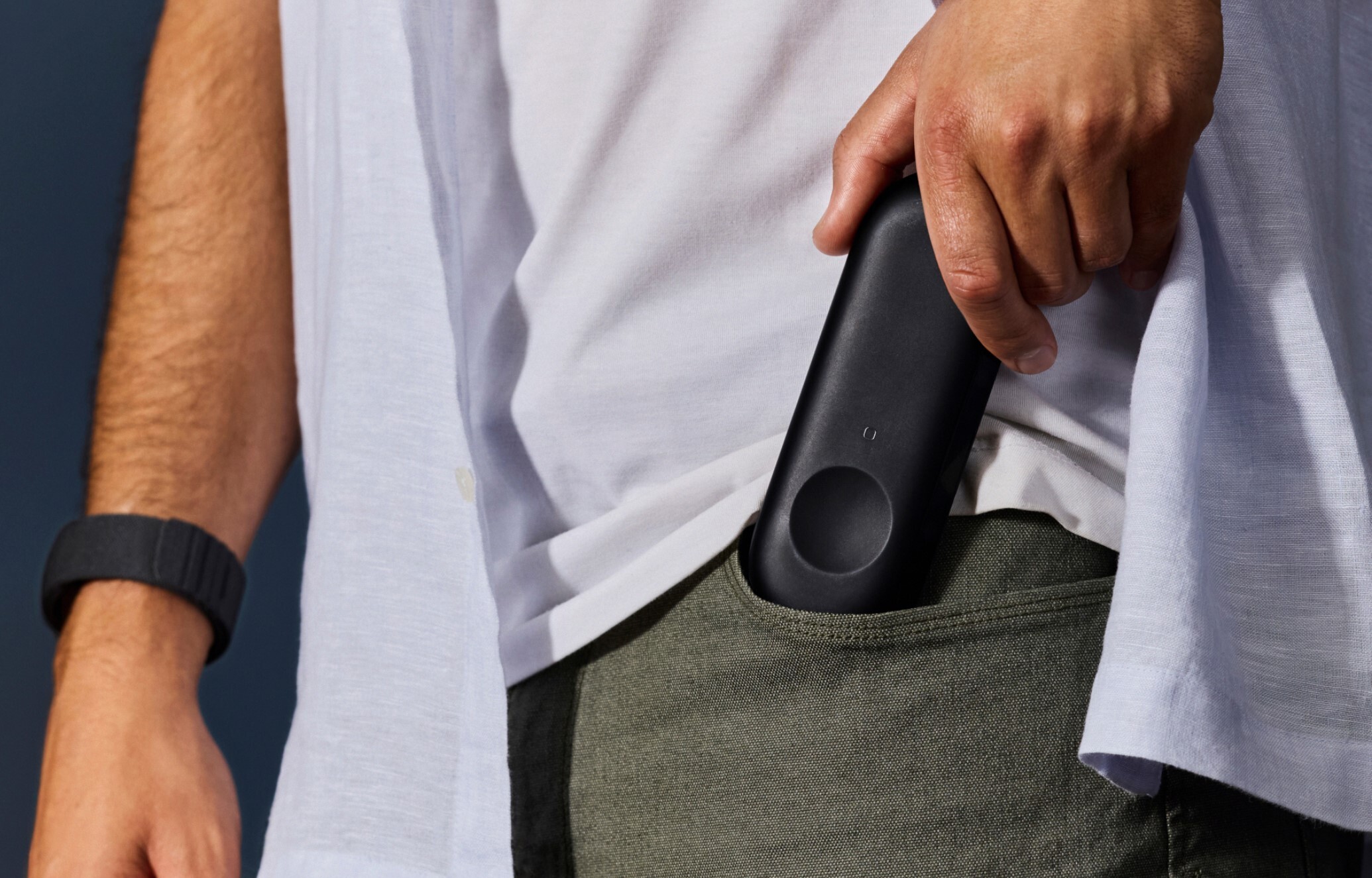
Production Costs and Expected Retail Price
Meta’s Orion AR glasses carry a hefty production cost spectrum, which initially offers a glimpse into the sophisticated innovation confined within the prototypical frames.
- Production Challenges: With silicon carbide lenses integral to its conceptual design, the cost of producing each unit presently stands around $10,000. This hefty figure speaks volumes about the avant-garde materials and IR-driven assembly processes.
- Retail Strategy and Consumer Reach: Under this pricing umbrella, Meta acknowledges that broad consumer adoption is constrained. Efforts are, however, already underway to trim the capital outlay down towards an aspirational $1,000 retail mark; a competitive price point flirting with high-end smartphones and laptops.
- Delays and Development: Deliberate pauses in release schedules have arisen due to intricate production intricacies, but Meta’s resilience in steering R&D efforts toward functional affordability is sure to lay a path for eventual consumer accessibility.
- Balanced Approach: Prioritization of sustained innovation in parallel with cost-efficient manufacturing remains Meta’s focus ensuring that the exquisiteness of Orion’s lens transcends theoretical allure into tangible reality.
Consumer Market Readiness and Anticipated Launch Date
Positioning Meta’s Orion for a splash in the consumer orientation involves strategic insights and meticulous planning as envisioned timelines orient toward market demands and equilibrium.
- Launch Forecasts: Whispers of Orion’s ambition suggest a potential full-fledged consumer version debut around 2027. Upon assessing prevailing technological readiness and market appetite, experts identify a launch a few years beyond initial developer engagement a calculated waiting game.
- Consumer Compatibility: Anticipations pivot around rendering Orion compatible with consumerist demands while embracing a toolset that seamlessly commands intelligent environments, rivaling current mainstays like smartphones.
- Adapting to Present Demand: Reality dictates that while technological viability triumphs, catalyzing public interest demands strategic shifts in product evolution and effective marketing that leverages parallel developments within Meta’s ecosystem.
- Economic and Technological Parity: The prism through which Orion’s launch views must balance engineering excellence with price points resonating well within a contemporary immersive technology appetite, ensuring vast receptivity and commitment.
Feedback from Early Testers
The testimony of early testers provides unique insights into Meta’s Orion AR glasses, acknowledging expectations juxtaposed against the developmental timeline as Meta aims to redefine consumer interaction.
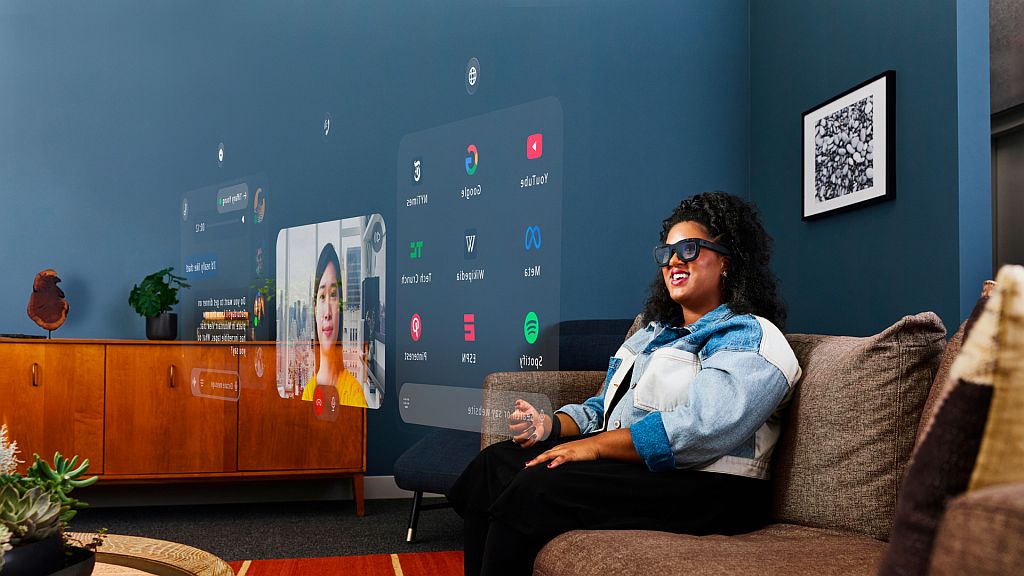
Reviews from Tech Experts
Voices within the technology community resonate with diverse observations regarding both the groundbreaking interface and attributes yet to align with optimum readiness.
- Innovative Design Features: Experts commend Orion’s desire for distinction a silhouette striving to blend casual elegance with technology poised for transformative experiences. Yet, while optimistic about its compactness, initial prototypes still exude an air of “tech-nerdy” novelty reminiscent of futuristic aesthetics.
- Technological Integration Stance: High degree of eye-tracking precision earns Orion accolades, though gestural recognition illustrates pioneering curiosity tempered by incomplete realization. This duality of elementary mastery reflects a horizon rich in potentiality.
- Immersive Viewing Scope: The breadth of Orion’s field allows for immersive experiences but tempered expectations reveal some challenges. Experts acknowledge the facets yearning for resolution and visual depth poised to exceed existent norms.
User Expectations vs. Reality
End users routinely jostle expectations against the tangible aspects of Orion illustrating exciting forays while realistic mindsets temper immediate anticipation.
- Apprate Usability: Feedback praises Orion’s suitability in modular realities but demands additional refinement and comprehensive readiness to meet everyday consumer thresholds beyond gratifying tech enthusiasm.
- Price and Market Projection: Discerning early adopters sift through speculative prizes, cautiously anchoring hopes and treating technical marvel with prudence until Meta finds balance in cost and distribution.
- Evolving Story: Anticipated transformations spark the enduring belief that Orion will, upon release, redefine computing interfaces in dynamic ways, resonating across personal and professional environments.
These nuanced insights deftly weave an evaluative fabric that guides Orion through iterative development towards unleashed potential amid grand expectations and grounded realizations.
FAQs about Meta’s Orion AR Glasses
What makes Meta’s Orion AR glasses different from other AR devices?
- Orion offers an expansive field of view, holographic displays, and neural wristband integration, setting it apart in the realm of intuitive interaction and seamless blending of digital content with reality.
How does the neural wristband enhance user interaction with Orion AR glasses?
- By using EMG technology, the wristband interprets hand gestures into commands, providing a more fluid and natural interaction, connecting users instinctively with digital content.
What is the projected retail price for Meta’s Orion AR glasses?
- The anticipated retail price is aimed around $1,000, following future reductions in production costs from the current $10,000 per unit for prototypes.
When can consumers expect to purchase Meta’s Orion AR glasses?
- A full consumer version is projected to launch potentially around 2027, aligning with Meta’s strategy for technology readiness and market positioning.
What potential applications do Orion AR glasses support?
- The glasses are poised to transform everyday activities, offering applications in time-saving, hands-free communications, augmented learning, and responsive navigation, propelling AR forward in practical use.
Key Takeaways
- User-Friendly Design: Meta’s Orion AR glasses prioritize lightweight and wearable design, echoing traditional eyeglasses, a significant departure from bulky AR devices.
- Advanced Features: Orion’s technology incorporates a 70-degree field of holographic displays, AI integration, and intuitive interaction through a neural wristband.
- Market Position Considerations: With planned pricing around $1,000, Orion is set to compete with high-end consumer electronics once production costs are managed.
- Extensive Application Potential: From immersive educational tools to enhanced professional productivity, Orion aims to interweave AR seamlessly into everyday contexts.
- Consumer Accessibility Timeline: While a widespread release is slated for the next few years, the Orion AR glasses remain in technological refinement as they bridge innovative hurdles and market strategy.
Conclusion
The arrival of Meta’s Orion AR glasses signals a monumental leap in the augmented reality arena, melding advanced technology with an everyday outlook. Poised as more than just eyewear, they embody the next wave in immersive interaction, destined to redefine perception of reality through innovation.
By wrapping cutting-edge AR capabilities within elegant design, Meta sets its sights on making these glasses an integral piece of future tech culture. While on the cusp of unlocking broader consumer availability, Orion is guided through the present state of refinement, committed to aligning technology, economics, and readiness for mass-market exposure.
What unfurls from here is the remarkable blend of virtual with our tangible world fostering an experience ripe for mainstream ventures and a barometer for future AR creations.
Learn More
- Greatest VR Sport 2024
- Fortnite vs GTA : Which Recreation is Larger 2022
- 10+ Rumbleverse Concepts Free We Need You Knew Sooner than Starting
- MultiVersus Info: Gameplay, Perks and Every Playable Character
- Skilled-blockchain narratives hinder Bitcoin adoption, says StackinSat founder
- What’ll happen in Poppy Playtime chapter 3? Who’s PROTOTYPE – 1006 ? Acquire Free
- Get most likely essentially the most Pricey Fortnite Skins merely 0$-At current Exchange
